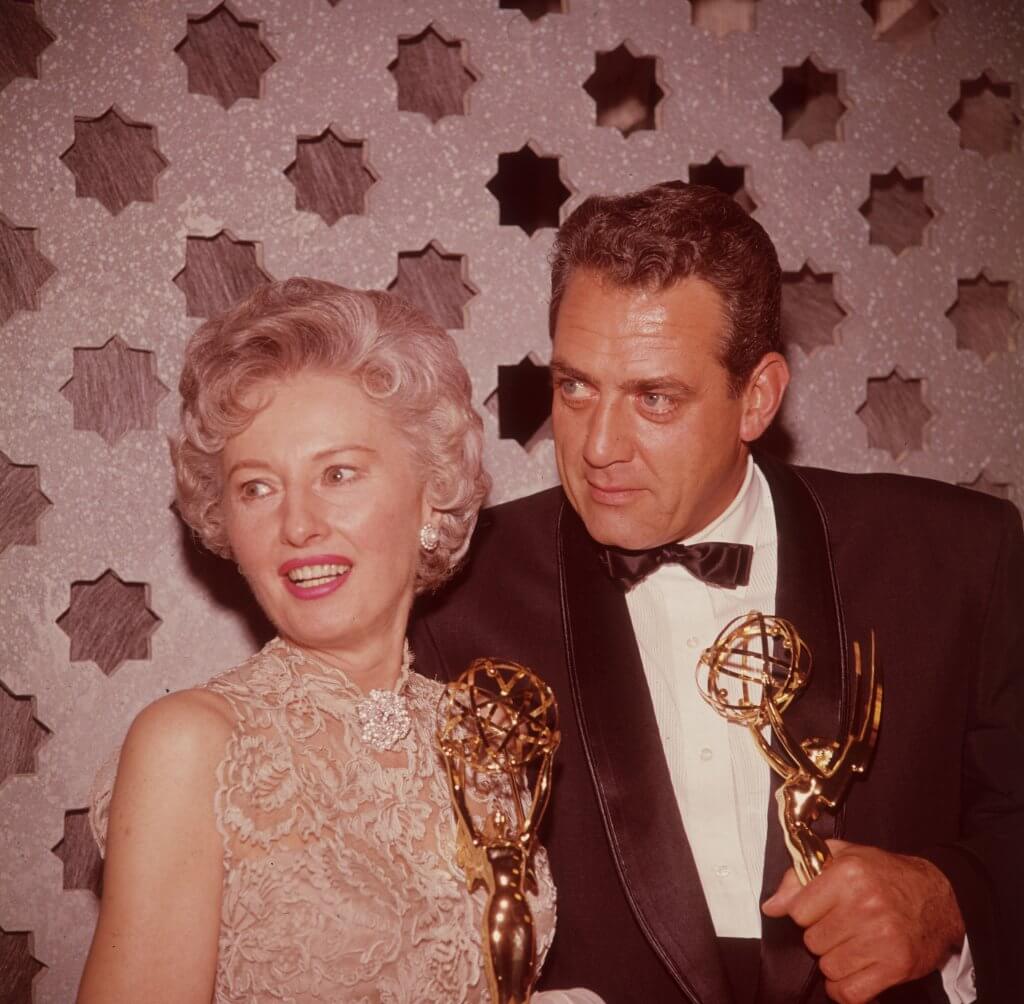Burr's Cancer Battle
- Actor Raymond Burr, best known for his work on TV show Perry Mason, was born on May 21, 1917, and he passed away from kidney cancer in 1993 at 76.
- Kidney cancer is one of the ten most common cancers; it typically appears in people who are of an older age.
- After losing a loved one to cancer, therapy can help.

Understanding Kidney Cancer
Kidney cancer also called “renal cancer” is a cancer that originates in the kidney and can spread to other parts of the body, too. Depending on the stage of the cancer at the diagnosis, your doctor will outline the best treatment path for your specific situation. The American Cancer Society (ACS) outlines the following treatment paths for this disease:- Surgery
- Ablation and Other Local Therapy
- Active Surveillance
- Radiation Therapy
- Targeted Therapy
- Immunotherapy
- Chemotherapy
Kidney cancer is one of the ten most common cancers in both men and women. This year, approximately 76,080 new cases of kidney cancer (48,780 in men and 27,300 in women) will be diagnosed in the U.S., says the ACS. The majority of people diagnosed with kidney cancer are older. The average age of diagnosis is 64-year-old, and the disease is uncommon in anyone under 45.
Coping with the Loss of a Loved One to Cancer
Raymond Burr’s friends, family, and loved ones all suffered a great loss after his passing. After losing a loved one to cancer, it can be beneficial to seek support in the form of formal resources, such as therapy.
In an earlier interview, Camila Legaspi outlines how therapy was profoundly helpful after she lost her mother to breast cancer. She says, “Therapy saved my life. I was dealing with some really intense anxiety and depression at that point. It just changed my life, because I was so drained by all the negativity that was going on.”
“Going to a therapist,” she says, “helped me realize that there was still so much out there for me, that I still had my family, that I still had my siblings. The reality is, is when you lose someone, it’s really, really, really hard. And it’s totally OK to talk to someone.”
"Therapy Saved My Life": After Losing A Loved One, Don't Be Afraid To Ask For Help
Learn more about SurvivorNet's rigorous medical review process.


